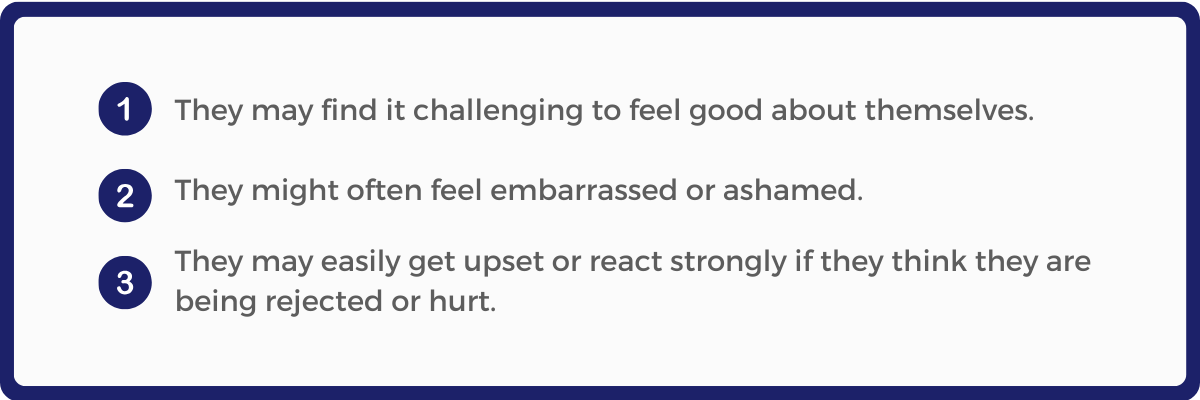Rejection Sensitivity Dysphoria and Effectively Managing its Impact at Work
Facing rejection can be tough, whether it happens at work or in our personal relationships. For those dealing with Rejection Sensitivity Dysphoria (RSD), handling rejection in daily life can be even more challenging.
Neurodivergent individuals often possess numerous strengths and skills, including problem-solving abilities, reliability, persistence, and creativity. However, it is important to acknowledge that they may also encounter certain challenges that often remain unnoticed.
One such challenge is Rejection Sensitivity Dysphoria (RSD). This is a term used to describe intense emotional sensitivity that someone feels when they experience rejection, whether it is real or perceived. This experience is often associated with specific neurodifferences such as Attention Deficit Hyperactivity Disorder (ADHD) and Autism Spectrum Conditions (ASC), even though it's not officially listed as a diagnostic criterion.
Individuals experiencing Rejection Sensitivity Dysphoria may show the following signs:
How can Rejection Sensitivity Dysphoria Impact Neurodivergent Employees at Work?
Rejection Sensitivity Dysphoria can significantly impact neurodivergent employees in the workplace as they tend to grapple with heightened sensitivity to social cues, and RSD amplifies this, making them more fearful of rejection or criticism. This heightened emotional response can hinder their ability to engage in professional relationships and collaborate effectively. Moreover, they may become hesitant to share ideas or participate in discussions due to the fear of negative judgment or exclusion. This can create a cycle of self-doubt and anxiety, impacting their career growth and job satisfaction.
To support neurodivergent talent, it is crucial to foster an inclusive work environment that recognises and accommodates their needs. This could include implementing strategies such as clear communication, positive feedback by utilising the feedback sandwich technique, sensitivity training, and flexible work arrangements which can help mitigate the impact of RSD and enable neurodivergent employees to thrive in the work they do.
How can Rejection Sensitivity Dysphoria be Managed Effectively in the Workplace?
When it comes to neurodiversity, the workplace is undoubtedly one of the most common key problem areas. So, managing Rejection Sensitivity Dysphoria positively and effectively for neurodivergent employees can involve implementing supportive strategies that address their needs and sensitivities. For example, fostering open communication and encouraging a transparent dialogue can be useful. This can enable employees to express their concerns and seek reassurance, helping to alleviate the fear of rejection.
Additionally, providing clear expectations and constructive feedback can help neurodivergent individuals to understand their performance in a less emotionally charged manner. Employers can also create a workplace culture that emphasises the value of diversity and promotes acceptance and wellbeing.
Offering mentorship programs or peer support can further assist neurodivergent employees in navigating social interactions. Additional coaching around building confidence can help to support employees in identifying their unique strengths, as this could provide them with the strategies needed to manage RSD and encourage self-assurance.
Another effective way to manage the feelings that come with RSD is incorporating mindfulness strategies. Practicing mindfulness can help individuals by allowing them to recognise and understand what is taking place in the present moment. It also encourages self-compassion, making it easier for individuals to navigate and cope with challenging emotions more effectively.
To learn how you can support and empower neurodivergent employees in your organisation and create a neuro-inclusive workplace, book in a chat with our team today.
This blog was written by Anushka Singh, Assistant Psychologist at Lexxic



